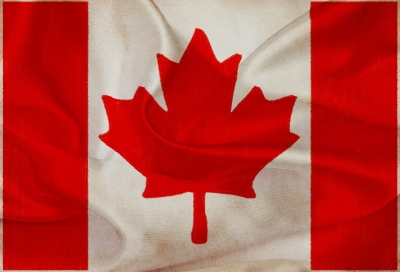National Phase entry is the next step after the international patent application. National Phase entry is also sometimes referred to as, “national stage entry”, or “patent nationalization”. This process holds importance, because with out this process, the PCT application will never be granted a patent.
Understanding Deadlines for National Entry
Generally, the deadline is 30 months for Canadian national entry, from the priority date. In cases where the priority date has not been claimed, the deadline starts from the international filing date. Canada is unique as it permits national entry up to 12 months late. This implies that permission can be claimed up to 42 months from the priority date, and if a priority hasn’t been claimed then 42 months from the filing date internationally.
Language & Amends
The PCT application should be in English or French. If it is in some other language, then it has to be translated into English or French. Also, in case amendments were made to the PCT application, then copies of amendments or any such related submissions will have to be presented. These materials should be in English or French, and if not, then should be translated.
Maintenance Fees
Maintenance fees for Canadian patent applications are due by the second anniversary of the filing date. This amount increases with each passing anniversary.
Applicant’s Entitlement to Apply for a Canadian Patent
The Canadian Patent Office will accept and record the inventor and applicant information set out in the originally filed PCT application without requiring supporting evidence of a transfer if the applicant is different from the inventor(s). However, if the applicant on Canadian national entry is different from the original PCT applicant, the Patent Office will request suitable evidence of the applicant’s entitlement (e.g., an assignment document), unless such evidence is already of record (i.e., recorded during the international phase or submitted with the national entry documents).
Reduced Government Fees for Small Entities
Applicants, who qualify as small entities, are charged with reduced fees by the Canadian Patent Office. According to Canadian Patent Rules, entities with 50 or fewer employees are defined as small entities. Universities are also defined as small entities. Entities that are controlled by other entities, which is not a university, employees more than 50 people or has transferred or licensed or is in any kind of contractual obligation to transfer it to an entity with more than 50 employees, then it is a large entity.
Novelty Requirements
A one-year grace period is provided by Canada in relation to the disclosure of an invention which might directly or indirectly emanate from the inventor. This implies that the Canadian filing date should be within the time frame of one year of any publication related to the invention surfacing anywhere in the world or public sale or use of the invention
Examination
To examine Canadian patent applications, a request has to be filed. The request for the examination, along with the fees has to be filed within five years from the Canadian filing date.
Publication
In most cases the publication of the PCT application happens prior to the Canadian national entry. In such cases, the Canadian national phase application is regarded as been published on the international publication date. When the PCT application has not been published earlier to Canadian national entry, then the application for the Canadian national phase will be published and posted eighteen months after the earliest priority date, on the website of Canadian Patent Office. In cases where there is no priority claimed, then the publication occurs eighteen months after the international filing date.
Abandonment and Reinstatement
If a deadline is missed after satisfying the requirement for obtaining a filing date, then application will be considered abandoned. Once the application has been deemed abandoned, a time frame of one year from the missed deadline is given in order to reinstate the application. This reinstatement can be accomplished by requesting a reinstatement, and paying the fee for the reinstatement.
If you find the national phase entry process complicated or are having problems with the process in general, then get in touch with the apt and competent legal team at Prowse Barrette (Previously Prowse Chowne).

